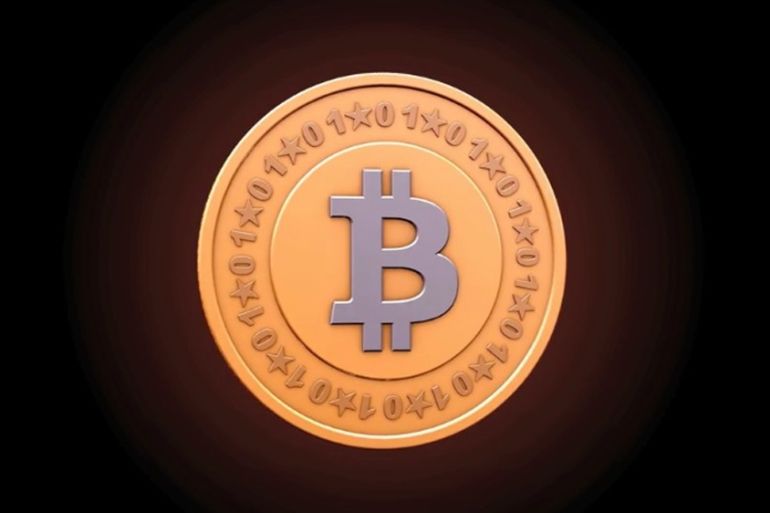
The Rise and Rise of Bitcoin
The story behind the world’s newest and potentially most powerful currency.
Editor’s note: This film is no longer available online. Scroll for our bitcoin timeline.
Filmmaker: Nicholas Mross
Keep reading
list of 4 itemsFTX’s Sam Bankman-Fried appeals conviction and 25-year sentence for fraud
Sam Bankman-Fried sentenced to 25 years for FTX fraud
Ex-crypto mogul Sam Bankman-Fried due to be sentenced for defrauding FTX
Daniel Mross is a computer programmer from Pittsburgh, who – along with balancing work, marriage, and raising three boys – spends much of his time involved in everything related to Bitcoin.
When he discovered the crypto-currency in 2011, it opened up an uncharted world of new possibilities for him to explore.
“It’s fascinating to imagine what it means to have global decentralised money,” he says.
In this two-part documentary, we go inside the complex world of Bitcoin to explore the social and political impact of an open-source digital currency and ask if it could create a monetary paradigm shift that will forever change the world.
What is Bitcoin and who invented it?
Bitcoin, much like the internet in 1994, is not easily explained or understood. Its advocates compare the technical innovation with that of the World Wide Web. But while the internet changed the way people communicate, Bitcoin changes the way people view and use money.
I don't know how the government will react to Bitcoin. But I spend thousands of dollars on lawyers every day just to make sure that I'm not going to go to jail.
Satoshi Nakamoto slowly disappeared from all forums – and was never heard from again.
Just months later, the Silk Road anonymous market was launched. This was an online black market dealing in highly illegal substances, including drugs and other illicit goods. Silk Road dealt exclusively in Bitcoin, taking advantage of the near impossibility of tracking transactions.
The Bitcoin exchange price continued to climb. By February 2011, it reached parity with the US dollar, sparking an influx of new users and speculators.
In June 2011, after hitting $31, Bitcoin exchange dropped dramatically. The Mt Gox system was hacked, driving the price even further into the ground. As the value of Bitcoin hit the $2 mark, speculators labelled it the end of the dream.
Bitcoin today and for the future
In 2012, after months of stagnation, hacks and online theft, Bitcoin slowly climbed its way back on to exchange market boards.
By 2013, recognised websites such as Reddit and WordPress announced Bitcoin as legitimate means for transactions.
Months later, as Cyprus suffered the biggest financial crisis in its history and banks withdrew money from account holders, Bitcoin thrived. Bitcoin ATMs were set up around the island, validating Bitcoin evangelicals’ faith in the currency.
But while Bitcoin seemingly ensures users’ privacy and offers a more democratic financial alternative to conventional banking, the same privacy offers anonymity to illegal activity – such as the Silk Road market.
Regulators at the US Treasury have been wary about the possible dangers of Bitcoin, including possible funding of armed groups and money laundering – claims that are countered by many in the Bitcoin community and considered a means to control and suffocate the currency.
So, will Bitcoin weather the storm or fall victim to the “system”?
TIMELINE: The rise and rise of bitcoin